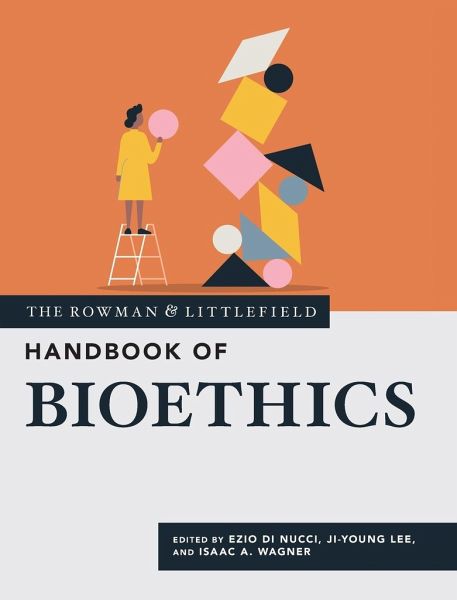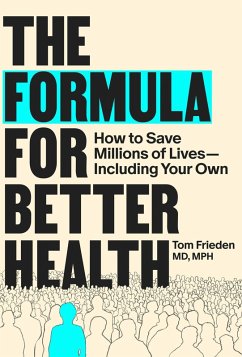
Rowman & Littlefield Handbook of Bioethics
Versandkostenfrei!
Versandfertig in 1-2 Wochen
129,99 €
inkl. MwSt.

PAYBACK Punkte
65 °P sammeln!
A wide-ranging, comprehensive overview of pressing issues in bioethics today, this handbook takes into account current affairs and historical precedents. Interdisciplinary authorship and global examples make the handbook applicable to a variety of scholar, student, and practitioner types.












